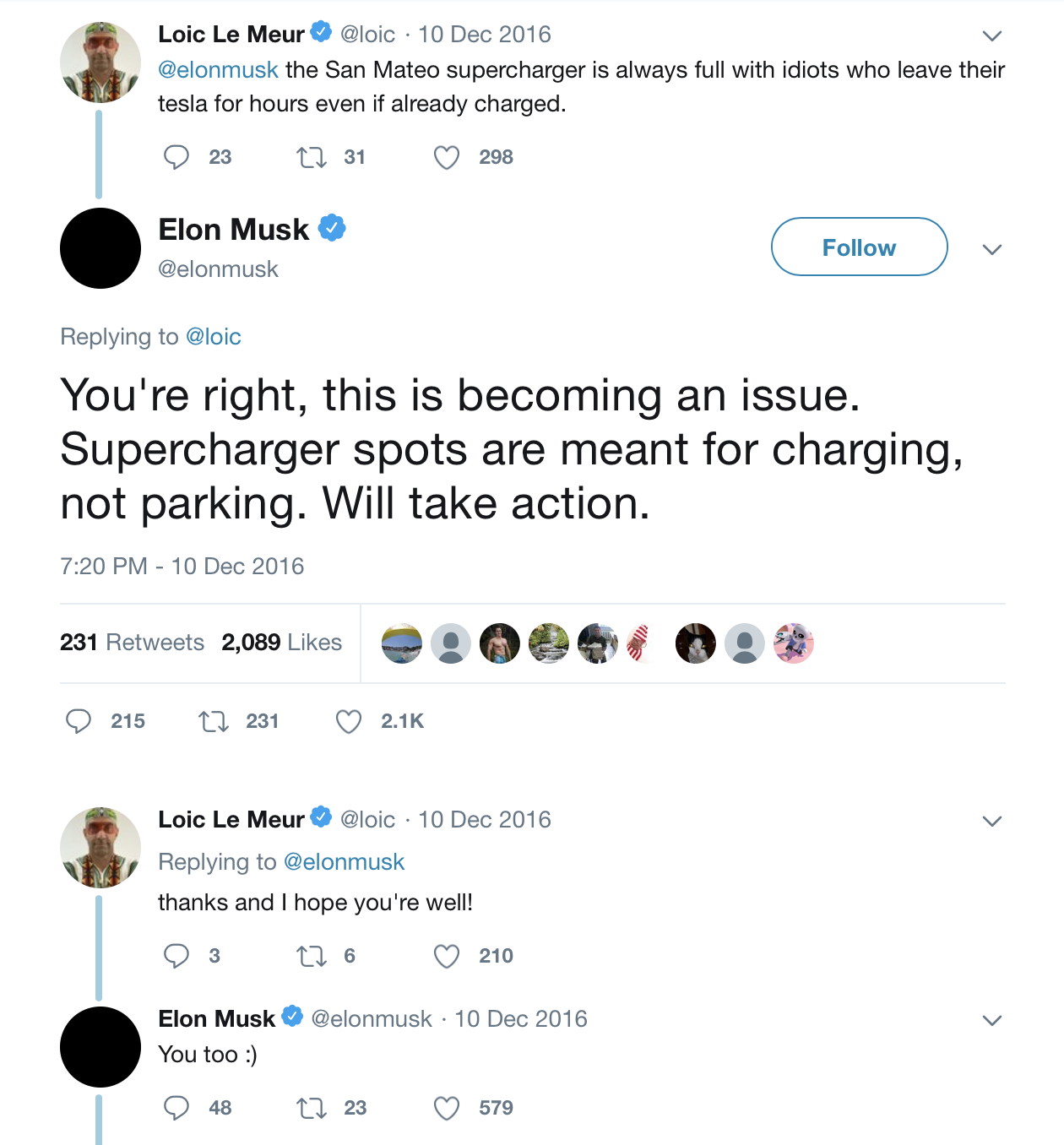Millennials are the tech-savvy generation that is quick to adopt new technology and platforms, and are eager to engage with others on social media. They expect a certain level of communication, especially when a brand has a social media account. This presents a unique opportunity for companies to engage with their audience. With many brand social accounts focusing more on promotional content, companies’ executives have the opportunity to engage with the consumer base in a different, more personal way. Now, more than ever before, executives are taking advantage of this opportunity and are getting on social media themselves to engage with the general public.
In this article, we will look at how millennials view executives on social media and what this generation expects to see from them, as well as how executives can capitalize on these findings to improve their social media usage.
-
Building Authenticity and Trust
One of the key characteristics millennials want to see in their leaders is authenticity. In one survey, 82% of participants said they were more likely to trust a brand if its leadership engaged with the audience on social media. Social media is one of the most effective ways for executives to showcase their authenticity. In general, the level of open communication on social media allows anyone to interact with executives on social (provided you have an account to make comments).
Before social media, top level C-suite executives were out of reach to the general public. The idea of communicating directly with a CEO was unheard of for the common consumer. Many brands use social media as a promotional tool, but for executives, it can also be used as a tool to communicate with their audience. Users are hearing from the executive directly–they are dealing with an individual, rather than a brand or faceless company.
It is crucial that executives on social media portray themselves in a natural way as authenticity and trust are values millennials are looking for. As we have analyzed in our past articles, each executive has his or her own way of portraying their authenticity. Some, like Dan Price, are very empathetic and back their words with actions. Others, like Arianna Huffington, add personal touches to their social profile, such as using custom images.
-
Social Media as a Communication Channel
In one 2019 survey, researchers found that millennial consumers were more likely to contact a business through social media to provide feedback. 43% of millennial consumers said if a company does not have any social media pages where they can provide feedback, they would strongly consider switching to another brand that does have social profiles. A strong social media presence also shapes how loyal millennials are, with 72% saying they would remain loyal to a business if it responded to feedback through social media compared to brands that do not.

Salesforce CEO Marc Benioff states, “The future of communicating with customers’ rests in engaging with them through every possible channel: phone, e-mail, chat, Web and social networks. Customers are discussing a company’s products and brand in real time. Companies need to join the conversation.”
Millennials view social media as a two-way communication channel. It is a way for them to speak directly to brands, hold companies accountable, and voice their thoughts. CEOs and other executives on social media become an identifiable face for the brand. Rather than tweet at the brand’s Twitter account where they may not receive a response, users can send a tweet to an executive. Successful executives on social media are the ones that respond to customer feedback, whether it be positive or negative.
-
Executives for Social Good
56% of millennials believe today’s executives have a responsibility to speak out so executives need to show how they are involved in today’s important issues. In the same survey, 44% of millennial employees said they would be more loyal to their company if their CEO was public about their position on an important social issue. As consumers, millennials are willing to take a stand with their wallet, opting to purchase from brands with executives that take a stand on social issues like climate change, wealth disparity, and gender inequality. Staying silent on current issues has its cost. A survey found a 47% net risk of receiving criticism online, a 38% net risk to the company’s bottom line, and a 20% net risk to attracting top talent when CEOs remain silent.
Inspiring to read how individual cities are reducing – and even ending – homelessness: https://t.co/s6S682fm7c #ReadByRichard pic.twitter.com/HD2ElUW3rB
— Richard Branson (@richardbranson) December 16, 2019
We have seen different executives take different routes when it comes to discussing social issues. Some, like Paul Polman, use social media as a way to share relevant articles to highlight specific causes. Jason Fried takes a more hands-on approach, detailing how his company engages in more ethical practices. Executives like Rick Steves take the stance of implementing policies on his company and then using social media to highlight his actions.
Connecting with Millennials on Social Media
Millennials have certain expectations when it comes to CEOs and executives on social media. Social media is used as real-time communication platforms that allow for users to connect directly to each other. Because of this, many millennials see executives on social media as a way for them to reach a brand directly through one of its more prominent employees. To be successful on social media, executives need to keep in mind what millennials expect from them–transparency, authenticity, and a willingness to speak up about important social issues.
Want to take the first step in your executive social strategy? Download our free step-by-step guide on how to get your executives on social media! In the meantime, why not follow Influential Executive on Twitter for insightful thought leadership news, inspiring quotes, and more!


